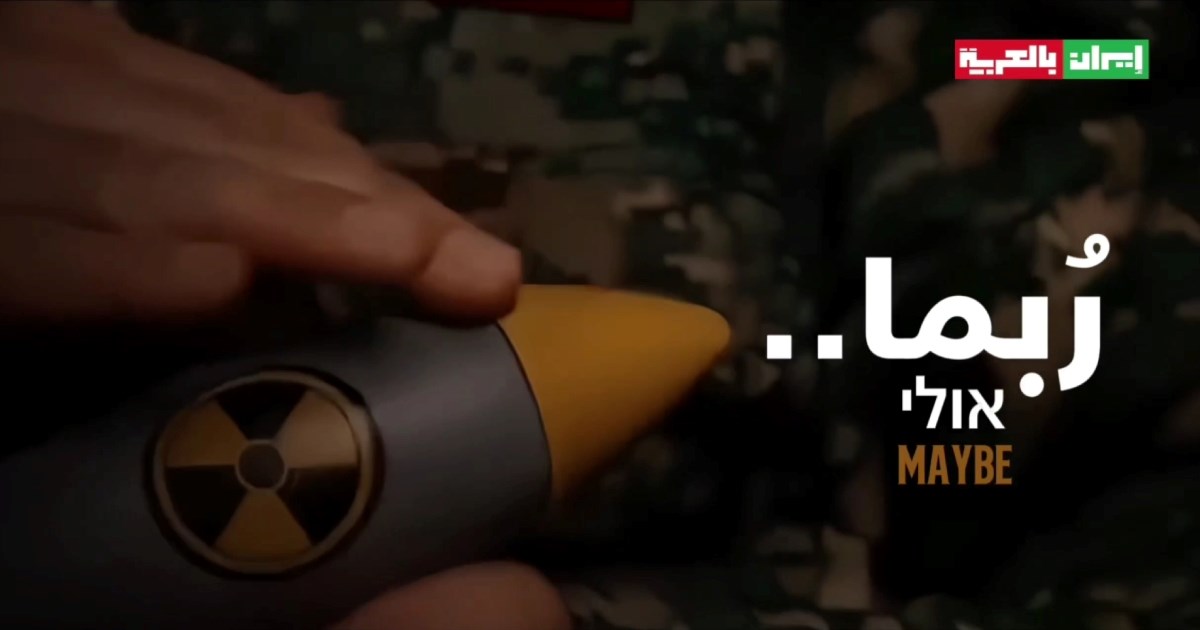Israeli attacks on Iranian nuclear sites have triggered a serious escalation of the conflict between Israel and Iran. Israel claims it is acting to prevent Iran from developing nuclear weapons, while Iran denies such intentions and insists its nuclear program is solely for civilian purposes. US President Donald Trump warns Iran and calls for unconditional surrender, emphasizing that the US has full control over the skies above Iran. Israeli strikes have resulted in the killing of Iranian nuclear scientists and the destruction of Iran’s air defense systems, while Iran retaliates with missile attacks on Israeli cities. The international community watches the situation with concern as nuclear negotiations continue. Israeli Prime Minister Netanyahu believes that eliminating Iran’s supreme leader could end the conflict, while Iran warns of a decisive response to further Israeli actions.
Political Perspectives:
Left: Left-leaning sources tend to emphasize the humanitarian impact of the conflict, highlighting civilian casualties and the destabilizing effects of Israeli military actions in the region. They often criticize the aggressive military approach and call for diplomatic solutions and de-escalation. The narrative may also include skepticism about the motives behind the US and Israeli actions and stress the importance of respecting international law and sovereignty.
Center: Center-leaning sources report the facts of the conflict with a focus on the security concerns of Israel and the US regarding Iran’s nuclear program. They present statements from all sides, including Israeli claims of preventing nuclear weapon development and Iranian denials. The coverage tends to be balanced, noting the escalation and the risks of wider conflict, while highlighting ongoing diplomatic efforts and the complexity of the situation.
Right: Right-leaning sources emphasize the threat posed by Iran’s nuclear ambitions and support Israel’s right to defend itself through military means. They highlight the effectiveness of Israeli strikes and US military support, portraying Iran as a destabilizing force in the Middle East. The narrative often supports strong measures, including calls for unconditional surrender from Iran, and may frame the conflict as a necessary fight against terrorism and nuclear proliferation.







































